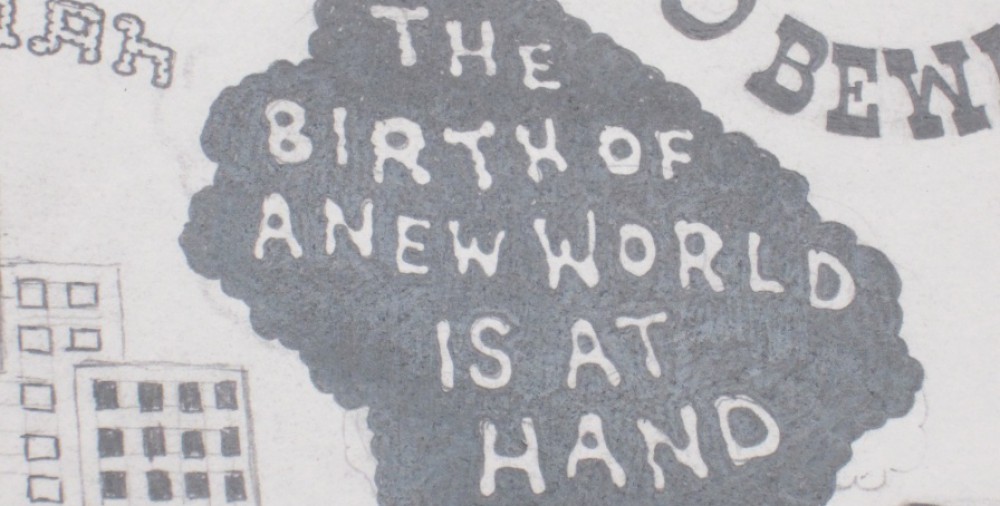Chapters 10-13 was fascinating stuff to read and visualize the scenes that were unraveling right in front me. The battle between ego, love, disconnect completely collide between Bernard’s new found meaning of life, Lenina’s lovestruck with John, and John’s discovery of how cruel and backstabbing this “perfect” civilization is. The first thing I want to talk about in my blog is the “new” Bernard and how much he’s changed from the beginning of the book. I really enjoyed how Bernard was able to throw the Director’s own history with love right back in his face and made him quit and disappear. That was freaking cool how he had Linda and John waiting behind him at the moments notice when the Director tried to put Bernard on the spot in front of everyone in the lab. I could just visualize the look of horror on the face of the Director when Linda steps in, not to mention John who calls him out to be his father in front of everyone!
Talk about not practicing what you preach. After this whole scene, Bernard goes through a major behavior change in his mood and his overall look on life.
“And I had six girls last week,” he confided to Helmholtz Watson. “One on Monday, two on Tuesday, two more on Friday, and one on Saturday. And if I’d had the time or the inclination, there were at least a dozen more who were only too anxious…”. (Huxley 145)
Bernard becomes someone of importance to everyone and the women are crawling at his feet. While Bernard getting the last laugh against the Director was cool and all, my opinion on Bernard really started to take a turn after it. He starts becoming egotistical and is so enthralled by all this attention he’s getting that his philosophy from earlier chapters is now completely gone. The “I wish were free” Bernard looks to be long gone. During this, he manages to lose a friend in Helmholtz and manages to piss off Mustapha Mond with his letter to him about John. His ignorance during the scene where he’s showing John one of the labs with Miss Keate, but was more interested in getting personal with Miss Keate than spending any time with John. I couldn’t believe how arrogant, and egotistical Bernard had become and how he’s treated John after he essentially saved him from being transferred to Iceland and publicly embarrassed in front of his peers/or brothers. Throughout this whole change of character for Bernard, the book also focuses on how Lenina has been dealing with her love life after Bernard has basically become “the man” to everyone else. This once shy, emotionless guy is no more and Lenina is struggling with her own problems.
She becomes incredibly in love with John (the salvage). It’s interesting to read how contrast their personalities are, but yet how curious they both are to experience one another. Lenina, this civilized woman who goes on a date with John the salvage, how exactly can this relationship work? On page 152, Lenina confesses her love for John to Fanny. It’s the first time where I can see how different Bernard and John’s relationships with Lenina are. Bernard with Lenina was mostly bored, soulless, and ready to move on. While John is described to have actually puppy love feelings for Lenina, something he may not have experienced while living as a salvage. Lenina may have something really special with John, but she’s in the mind state that all men are alike because they all want sex on the first night, and when she comes to realize that this “fact” isn’t entirely true, everything completely backfires on her. John isn’t like other guys she’s been with, mostly Bernard, he becomes offended after a date and leaves her hanging on the top of the roof of her apartment building, an awful familiar place for Lenina. Heartbroken, pale faced, and confused, she’s right back where she’s started and Bernard is in a much happier, sexually active place now. The tides have been turned!






